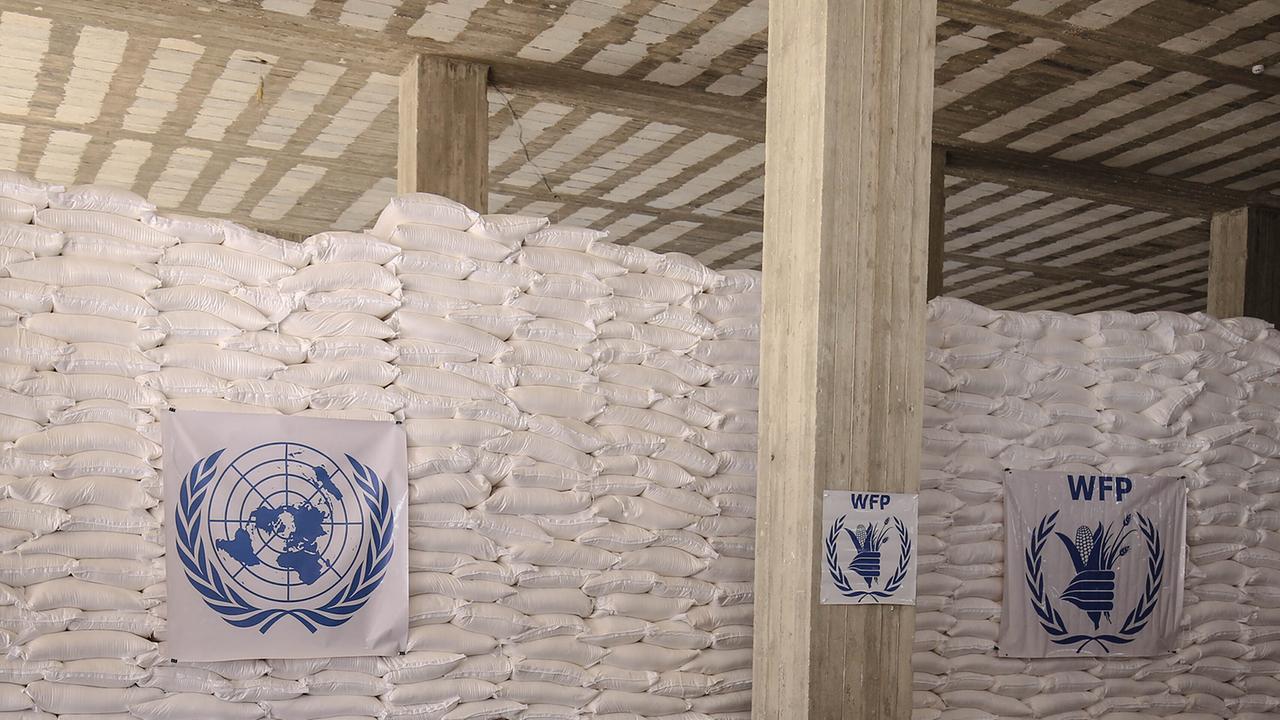The UN Security Council has not agreed to extend aid to Syria. Russia vetoed the draft resolution. He predicted a nine-month extension, but Russia insisted on six.
With its UN Security Council veto, Russia has ensured that UN humanitarian aid deliveries from Turkey to northwest Syria would end for the time being. Moscow voted against a compromise proposal put forward by Brazil and Switzerland that would extend cross-border aid for nine months.
A large majority of the 15 council members back the text, including veto Western powers the United States, France and Britain. China abstained. As one of the five permanent members of the UN Security Council, Russia has a right of veto and can therefore block all decisions.
Moscow wanted a six-month extension
Moscow’s counter-proposal, which called for a six-month extension, also failed. The Security Council must now negotiate a new compromise.
Aid deliveries across the Turkish-Syrian border were halted on Monday because the corresponding mandate had expired. Council members had been arguing for days about an extension of the UN’s aid mandate.
mutual criticism
US Ambassador to the UN Linda Thomas-Greenfield and aid organizations such as the International Rescue Committee condemned the Russian veto as irresponsible. Thomas-Greenfield called the Russian veto “an act of the greatest cruelty”.
Switzerland’s ambassador to the UN, Pascale Baeriswyl, said she was “very disappointed” but stressed that she would continue to seek a solution. Floriane Borel, of the human rights organization Human Rights Watch, criticized that the delivery of aid should be based on “need, not politics”. Russia’s “cynical veto” is a painful reminder that the UN Security Council should not be trusted with decisions on humanitarian aid.
Russia’s ambassador to the UN, Vasily Nebensia, said Western states used a “provocation” to force Russia to use its veto. In any case, the aid delivery mechanism does not take into account “the interests of the Syrian people”.
Millions of people in Syria need help
According to the United Nations, around four million people in Syria depend on the delivery of food, water and medicine. Aid deliveries were last processed through the Turkish-Syrian border post at Bab al-Hawa. This is the only route by which UN aid can be delivered to the Syrian people without having to pass through areas controlled by Syrian government forces.
The UN mandate for this has existed since 2014 and must be renewed every six months. Damascus and Moscow, a close ally of Syrian ruler Bashar al-Assad, see the UN handovers as a violation of Syria’s sovereignty. Russia intervened militarily in Syria’s war in 2015. As a result, the tide turned in favor of Assad, whose troops managed to recapture several areas.

